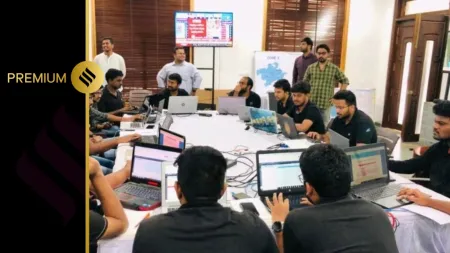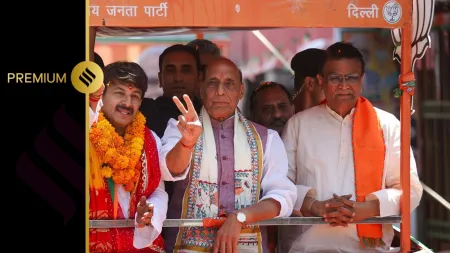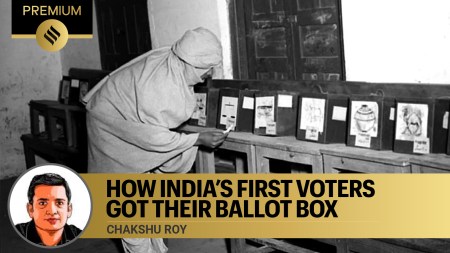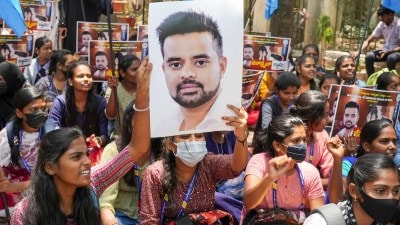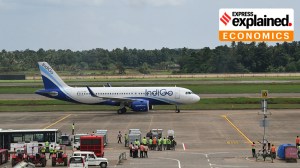- India
- International
To ensure authenticity, APIs of drugs may soon get track-and-trace codes
In 2015, DTAB had deliberated a proposal for mandatory bar coding at various levels of drug packaging to track their movement.
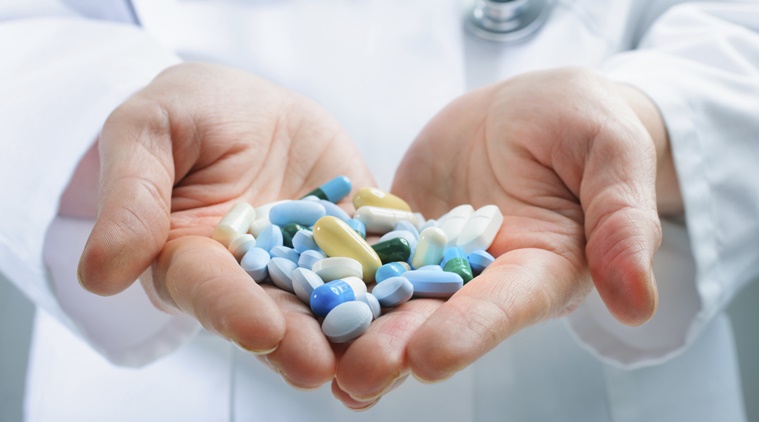 If implemented, the move will potentially be the first step by the government to pinpoint the origin and movement of drugs manufactured here and ensure their authenticity.
If implemented, the move will potentially be the first step by the government to pinpoint the origin and movement of drugs manufactured here and ensure their authenticity.
The Health Ministry may soon make it mandatory for companies to include codes to track-and-trace key ingredients used to make medicines in India, The Indian Express has learnt.
If implemented, the move will potentially be the first step by the government to pinpoint the origin and movement of drugs manufactured here and ensure their authenticity.
A draft amendment mandating quick response (QR) codes at “each” level of packaging of active pharmaceutical ingredients (APIs), used to give medicines their therapeutic effect, is ready and will be notified “soon”, said a senior Health Ministry official. The Indian Express has viewed a copy of this draft.
“The basic drug is in the API. For a medicine to be effective, the API has to be effective. As a first step (to tracking and tracing medicines in the country), every API manufactured or imported in India will bear a QR code on its label at each level of packaging,” the official added. India is currently dependent on China for imports of APIs to make “certain” essential medicines, with around Rs 12,255 crore worth of these ingredients imported from the country in 2016-17, as per government data.
The latest development follows recommendations by the Drugs Technical Advisory Board (DTAB) — India’s apex drug advisory body — during a meeting this year, to include “necessary” provisions in India’s drugs and cosmetics rules mandating QR coding on API labels.

“The Board was apprised that the Active Pharmaceutical Ingredient is most important constituent of any drug formulation. The supply chain with respect to its security and integrity in proper storage condition plays very important role to enhance quality supply of APIs,” read the minutes of DTAB’s meeting. The body made these recommendations after “stakeholders” suggested it.
Issues with qualities of APIs were raised earlier this year during a Drugs Consultative Committee (DCC) meeting, when Punjab sought provisions to make API manufacturers “accountable and responsible” for the quality and purity of their products.
APIs by “various” vendors have been found to be “not as per defined specifications with respect to their quality, specifications and purity and in certain cases the desired effects are not obtained,” said the DCC meeting minutes on this issue. It added that Punjab’s regulators “suspected that either such APIs are not manufactured at the right premises or such APIs are not manufactured with the required scientific techniques to produce the bio-active substance.”
A track-and-trace system for pharma products has been under discussion for several years in this government to also check counterfeits (fake copies), but implementation has been stalled following intervention by sections of the industry in the past.
The Commerce Ministry in June this year announced it would implement a “robust” track-and-trace mechanism for the sector “in three months”.
Even DTAB, in April 2015, had deliberated a proposal for mandatory bar coding on primary, secondary and tertiary levels of drug packaging to trace their movement from the manufacturer to retailer. Draft rules to this effect were brought out in June 2015, but “large numbers” of objections were received from stakeholders, so the rules are yet to be finalised.
There is lack of clarity on the scale of India’s counterfeit and substandard drug problem. The US, in its Special 301 Report this year, estimated that up to 20 per cent of drugs sold in the Indian market are “counterfeit and could represent a serious threat to patient health and safety.”
However, a nationwide survey conducted by the Indian government between 2014 and 2016 concluded that only around 3 per cent of the medicines here were substandard and only 0.023 per cent spurious or counterfeit.
Drug regulators here have, on many occasions, flagged medicines produced by even large drug makers for failing quality tests. Yet, the firms have refuted claims stating the products were counterfeit.
Sponsored | Empowering Leadership through AI Integration: Catalysing Business Transformation
May 06: Latest News
- 01
- 02
- 03
- 04
- 05







